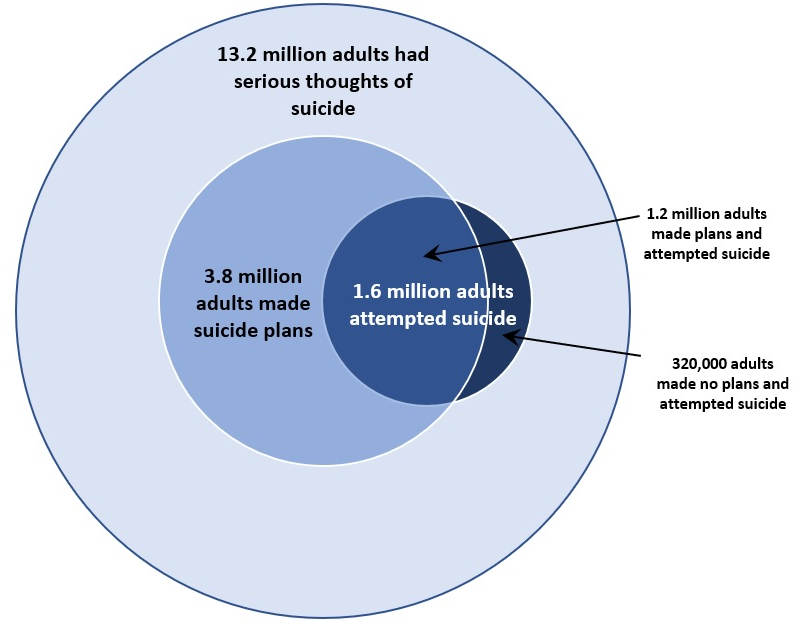
Suicide Awareness
Awareness of risk factors, warning signs, and the pervasiveness of suicide is the first step in prevention. Mental health has historically not been perceived as important as physical health and is often brushed aside or hidden, leaving people suffering in silence alone. Open and honest conversations about mental health, including suicidal thoughts or intentions, is key to preventing death by suicide.
Risk factors include, but are not limited to:
- previous suicide attempt(s)
- substance use
- family history of suicide
- history of trauma or abuse
- social isolation
- mood disorders
- chronic physical illness, including chronic pain.
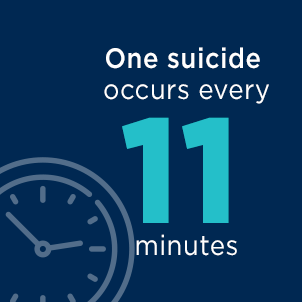
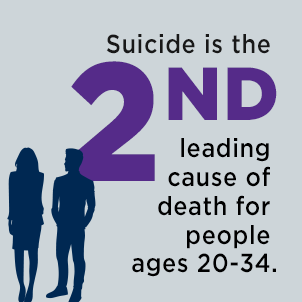
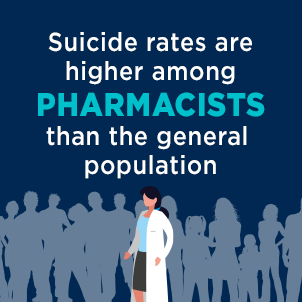
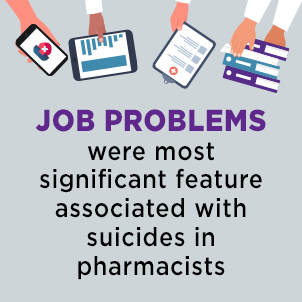
What you can do
- All pharmacists involved in direct patient care and/or who precept students and/or residents may benefit from Mental Health First Aid training.
- Healthcare workers face elevated rates of burnout, depression, anxiety, post-traumatic stress disorder (PTSD), and suicide. The Dr. Lorna Breen Heroes' Foundation works to support and safeguard the well-being of the healthcare workforce through research, advocacy, and awareness and is a founder of ALL In WellBeing for Healthcare which has created a hub of mental health and resiliency resources for healthcare professionals.
- Research shows that healthcare workers have higher suicide rates than the general population.
- Enroll now to become better equipped to prevent and respond to suicide risk or ideation with the ASHP Mental Health Support Certificate.
- September 17 has been designated National Physician Suicide Awareness Day. Information on the campaign to prevent physician suicide can be found on this site.
- The American Foundation for Suicide Prevention (AFSP) funds scientific research on suicide, educates the public about mental health and suicide prevention, advocates for public policies in mental health and suicide prevention, and supports survivors of suicide loss and those affected by suicide loss. Their website contains a wealth of resources for all individuals.
- The American Association of Suicidology (AAS) encourages, develops, and disseminates scholarly work in suicidology. AAS promotes research, public awareness programs, public education, and training for professionals and volunteers.
- International Association for Suicide Prevention: September 10 is designated as World Suicide Prevention Day (WSPD). This day was established in 2003 in conjunction with the World Health Organization (WHO) and is a significant advocacy and communication-based event aimed at reaching national organizations, governments, and the general public with a singular message that suicide can be prevented.
- Citation: https://www.nimh.nih.gov/health/statistics/suicide. Accessed 7/16/2024
